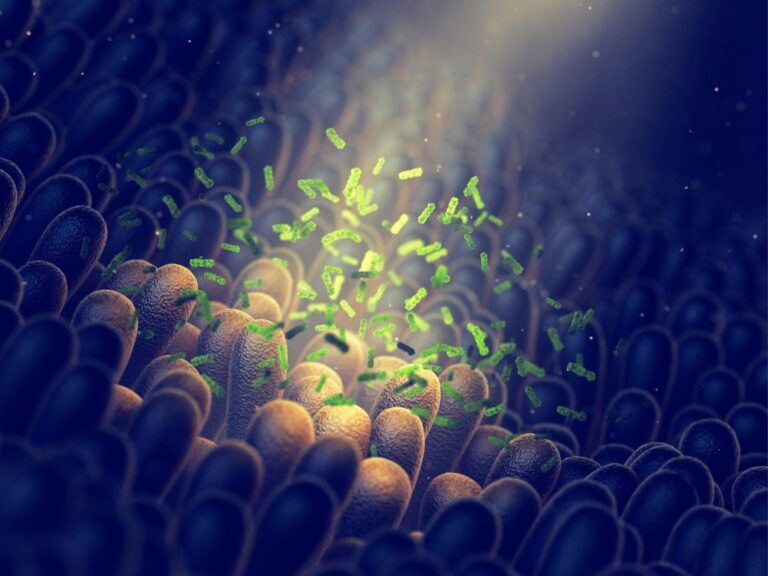A groundbreaking study from Stanford University reveals that dietary fiber holds untapped potential in the fight against cancer, further cementing its status as a critical component of a healthy diet.
While fiber is widely known for its role in promoting digestion and preventing heart disease, this research highlights its overlooked anti-cancer properties.The study demonstrates that dietary fiber, when metabolized by gut bacteria, produces short-chain fatty acids (SCFAs) such as butyrate.
These SCFAs help maintain gut lining integrity, reduce inflammation, and directly inhibit the growth of cancer cells. According to researchers, fiber’s ability to reduce chronic inflammation—a key factor in cancer development—plays a crucial role in minimizing the risk of colorectal and other types of cancer.Moreover, a high-fiber diet has been shown to regulate hormones like insulin, which can also influence cancer risk.
Foods such as leafy greens, berries, nuts, seeds, and whole grains are rich in the types of fiber necessary to boost the body’s anti-cancer defenses.The study also connects fiber intake to improved immune function, as a healthier gut microbiome can better support the body’s ability to identify and destroy cancer cells.
With cancer rates rising globally, these findings serve as a call to action for individuals to incorporate more fiber-rich foods into their meals.Experts suggest aiming for at least 25–30 grams of fiber daily for adults to reap these cancer-preventive benefits. This discovery emphasizes not just the need for a balanced diet but also the incredible power of natural, plant-based nutrition in combating life-threatening diseases.
Key Takeaway: The hidden anti-cancer superpower of fiber reaffirms the importance of prioritizing fruits, vegetables, and whole grains for long-term health and disease prevention.

















+ There are no comments
Add yours